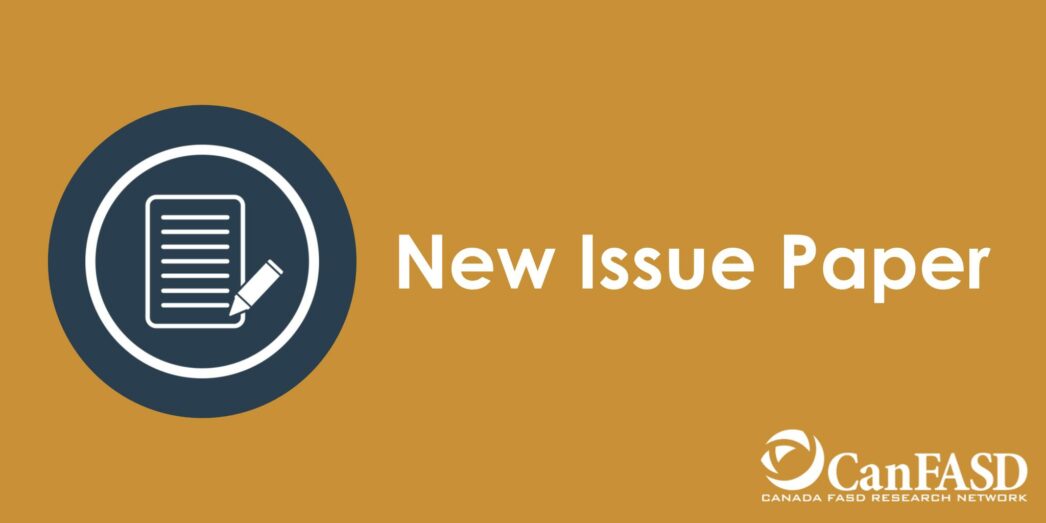CanFASD recently released a new issue paper titled, Folic Acid, Choline Supplementation and FASD. Below is a short summary. You can find the full issue paper here.
Issue
Supporting the nutritional status of pregnant women and gender diverse people who use alcohol is an important and relatively accessible way to support maternal and fetal health. Emerging research suggests that use of micronutrient supplements during pregnancy, especially folic acid and choline, may mitigate the effects of prenatal alcohol exposure and support healthy pregnancies.
Background
- Drinking alcohol during pregnancy increases the risk of nutritional deficiencies and interrupts the transfer of nutrients to the developing fetus.
- Mothers with, or at risk of having, a child with FASD have been found to be deficient in folic acid and choline.
- Use of folic acid and choline during pregnancy may be protective of some of the challenges associated with FASD, including those related to brain differences.
Folic Acid
- Folic acid supplementation is well established as important during pregnancy to protect against neural tube development anomalies, but little research has investigated the vitamin in relation to prenatal alcohol use.
- Animal studies have found folic acid supplementation during pregnancy to mitigate negative effects on offspring exposed to alcohol in utero.
- Higher levels of folic acid may mitigate the effect of alcohol on nutrient transportation via the placenta.
Choline
- Choline is important for fetal development, including brain development, cognitive function and gene expression.
- There is emerging research evidence that choline supplementation during pregnancy may mitigate the effects of prenatal alcohol exposure on growth restriction, brain structure, and learning and memory.
Take Home Message
Micronutrient supplementation with folic acid and/or choline during pregnancy is emerging as a low risk, relatively accessible opportunity to support healthy pregnancies and may help prevent FASD.
For more information, including recommendations, please read the full issue paper here.

